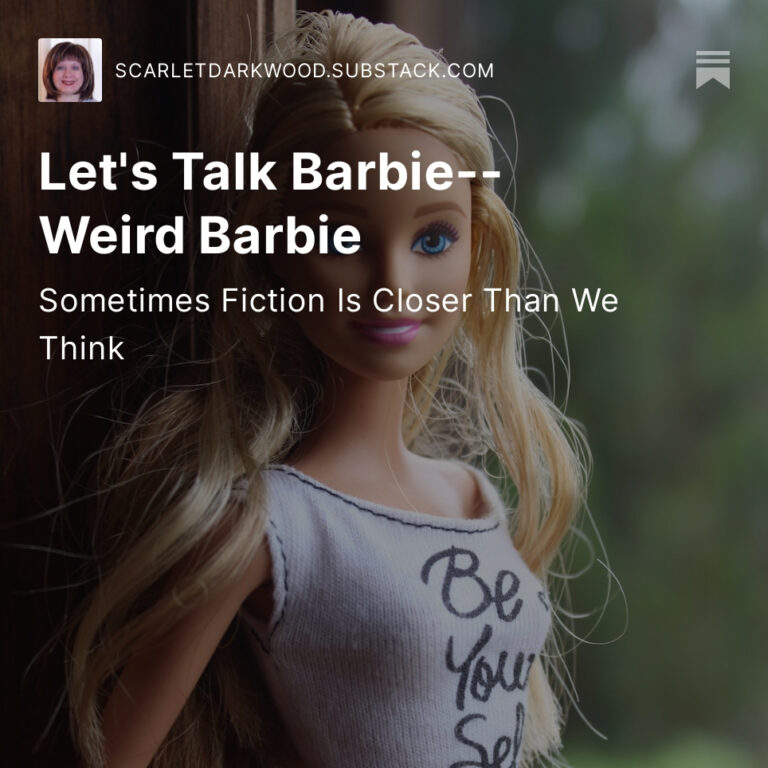Flannery O’Connor said many things in her short life. This particular viewpoint I found quite interesting:
- Writing a novel is a terrible experience, during which the hair often falls out and the teeth decay. I’m always irritated by people who imply that writing fiction is an escape from reality. It is a plunge into reality, and it’s very shocking to the system.
Luckily, I have not found writing a terrible experience. My teeth have not fallen out, thank goodness. My hair . . . Let’s just say I was not blessed with luscious locks, but I have what I have! I must admit, however, that the more I try to fine-tune my writing ability, the more I have to agree with O’Connor. I’m finding authors who write moving prose have shown an ability for digging deep into the psyche, into reality, and into the darkest shadows of human thought and experience, and have brought out those mental pictures beautifully onto the page.
Such an ability doesn’t require just talent alone, but a willingness to travel deep into the guts of what makes us, for better or worse, human. As I write different stories, I’m finding I must do that too. Sometimes I hit the bullseye. Other times, a swift kick in the pants from a beta reader reminds me I failed miserably. Usually a comment of “this left me dry,” or “you just pulled me out of the story” means I failed in digging into an experience or exploring how someone might feel in the situation I’m trying to portray on paper.
I must admit, I’m one of those people who hates digging into emotions, expressing deep feelings, though I’m opinionated as hell. I’ll go a step further and state that I actually hate feeling sometimes. Life’s so much easier if you have a stiff upper lip and can go on about your business without getting too involved in the human condition. The only problem, not feeling robs you of being human, of showing compassion, love, fear, hate, and as a result, of fluently pouring out meaningful prose where it counts most.
People subjected to severe trauma often shut down, detach from life, and feel nothing. The world is a painful place and they avoid it now. Desperate for any feeling at all, they’ll sometimes inflict pain on themselves so they’ll feel something. Anything. This pain reminds them they exist, that they are still alive, still human with a future ahead of them, if they can just hang on and keep going one more day. Something inside tells them they must feel and acknowledge the good, bad, and ugly, or else go blindly through life like an automaton–or worse yet, die.
For a writer, one who writes without thinking, feeling, blindly typing out words on a screen in hopes of getting a good thought or story across, this lack of attachment or understanding can be a death knell. A good writer takes a moment and considers the many faces of human nature, the good, funny, odd, dark, eccentric, and perverted so they can tell their version of a story that’s burning inside them, and hopefully one that will leave readers more enriched and questioning their own attitudes and the world around them. For a writer, delving deep into scenarios where angels fear to tread can be scary. It means looking deep into yourself and your own attitudes. It means dredging up old pain, reliving the past, or in some cases, imagining yourself in situations you’ve never dreamed of.
It means opening yourself up and feeling. For me personally, that’s difficult much of the time, and if I’m not careful or don’t have beta readers who keep me on track, my stories risk lacking that human element, or leaving a reader wanting more. Like a person undergoing psychotherapy, a writer must also explore those uncomfortable aspects of life, those instances where one squirms a little, or a lot.
No genre is exempt from this type of self-study. In erotica, one has to consider sex, the arousal evoked, and in some cases, the willingness to incorporate some the kinkiest activities in the sex arsenal. For me, that was hard, especially when it came to using some of the lingo that went with it. I have a personal prejudice again certain words. My very first release showed that prejudice in the form of flowery, what may be considered more Victorian, language. For most readers, that will be a deal breaker. When I went back and tweaked the story again, the language was a little more palatable, but still not hard-core. However, I wrote it they way I wanted to, like it or not–and it sells the best.
In my erotic short stories, I let my hair down, closed my eyes, and let the “nasty” words fly. To my surprise and amusement, there was something rather liberating in that act, just letting it all hang out and dangle, if you will. My current WIP is different, altogether. Because the main character is suddenly thrust into an insane asylum, I’m forced to capture what a person in such a horrid setting may feel when they see unsightly scenes and insults to humanity. I have to capture how a woman feels when her old life has ended and she’s forced far from her home, and must build a new life with no family, friends, or relative who can help.
I’ve got some ideas for some horror stories. Likewise, I’ll think about what motivates people to harm others or what drives their world, what makes them think and act they way they do. During Christmas, I wrote a short story in the sci-fi genre, which is totally out of my element. Talk about rationalization! Both my characters found themselves rationalizing just to survive an unpleasant mission and continue in their privileged lifestyle. This experience as a writer was amazing and valuable. It taught me how to think differently and how I might tackle elements out of my usual genres.
Like we say today: “It’s all good!”
If you’re a writer, what things bog you down? Do you find it difficult to search deep inside yourself, your experiences? How does this affect your work? Do you struggle with tackling the dark sides of humanity? Do the negatives of today actually drive your work, encouraging your plot lines? I’d love to hear about it!




